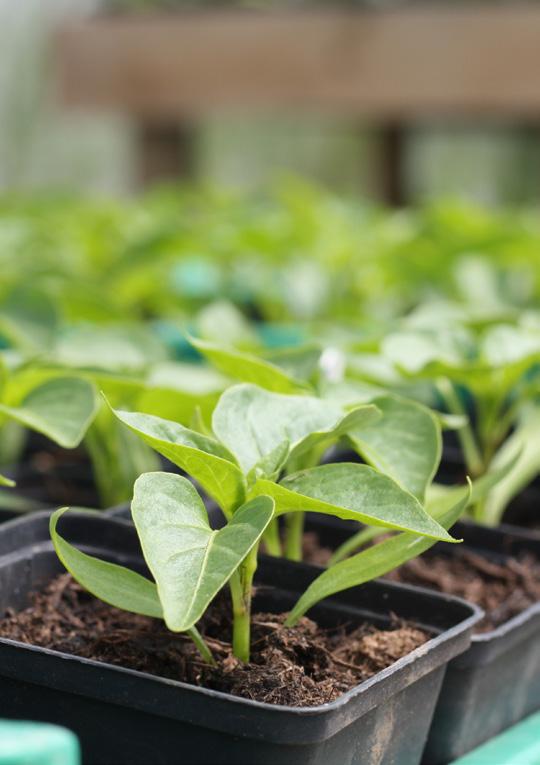15 September 2019, Acre, Brazil: Members of the Huni Kuin Indigenous community stand in the burnt remains of their lands – they are determined to reforest to preserve their culture and knowledge of natural science and medicine. ©David Tesinsky/Greenpeace 15 May 2020, Amazonas, Brazil: Through the ‘Wings of Emergency’ Project, Greenpeace Brazil and Instituto Socioambiental (ISA) transport hygiene kits and hospital supplies as well as sewing machines and fabric to produce masks to São Gabriel da Cachoeira, one of the Brazilian cities most impacted by Covid-19. ©Marcos Amend/ Greenpeace
How
is still Slaughtering the Amazon
9 June 2020, Amazonas, Brazil: Through the ‘Wings of Emergency’ Project, Greenpeace Brazil delivers hygiene kits and mattresses to the Indigenous Primary Care Unit (UAPI) in the Alto Rio Negro Indigenous land in São Gabriel da Cachoeira. ©Christian Braga/Greenpeace
40
‘ By failing to effectively monitor for illegally grazed cattle entering its supply chain, JBS fails to carry out adequate due diligence as established under the UN Guiding Principles on Business and Human Rights. Under the terms of the UN Guiding Principles, JBS contributes to human rights abuses against Indigenous peoples and residents of Reserves by participating in the economic incentives for cattle illegally grazed in protected areas.’ 99 Amnesty International, July 2020
‘ Because it’s an invasion, [loggers and ranchers] set fire to the forest and start making fences, putting cattle on the land, in that order. After cattle [comes] agriculture and that’s the way they’re getting in.’ 100 Giovani Tapura, Manoki leader, Irantxe Indigenous Territory
‘ Since the Bolsonaro government began, working conditions in the fields have worsened. The employer thinks that because he has elected a president who defends only the entrepreneur, anything goes.’ 101 Jorge Ferreira dos Santos, coordinator of the Rural Employees of the State of Minas Gerais (Adere-MG)


















